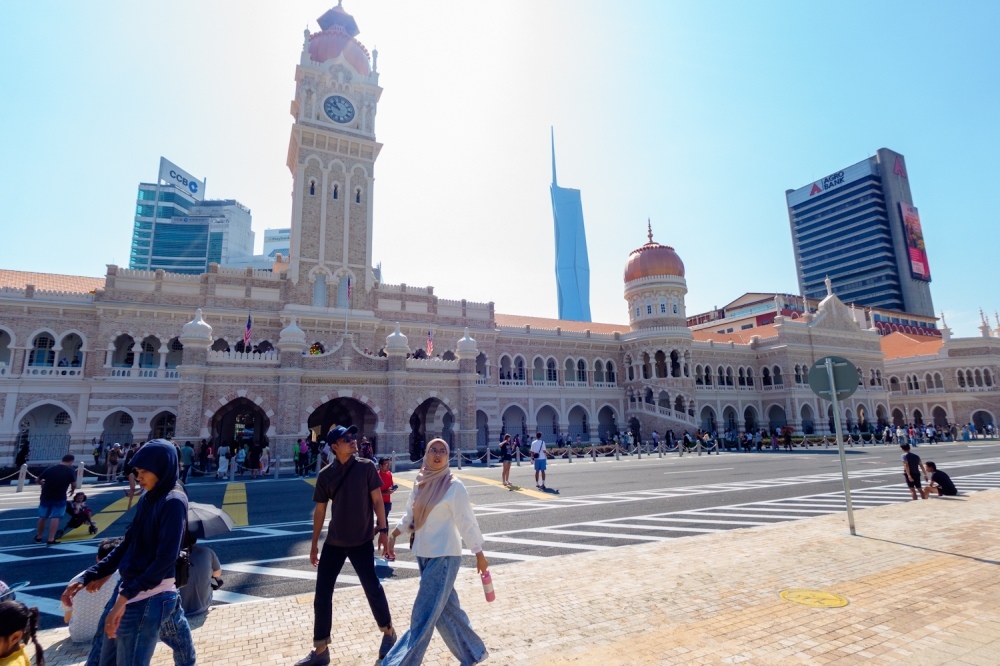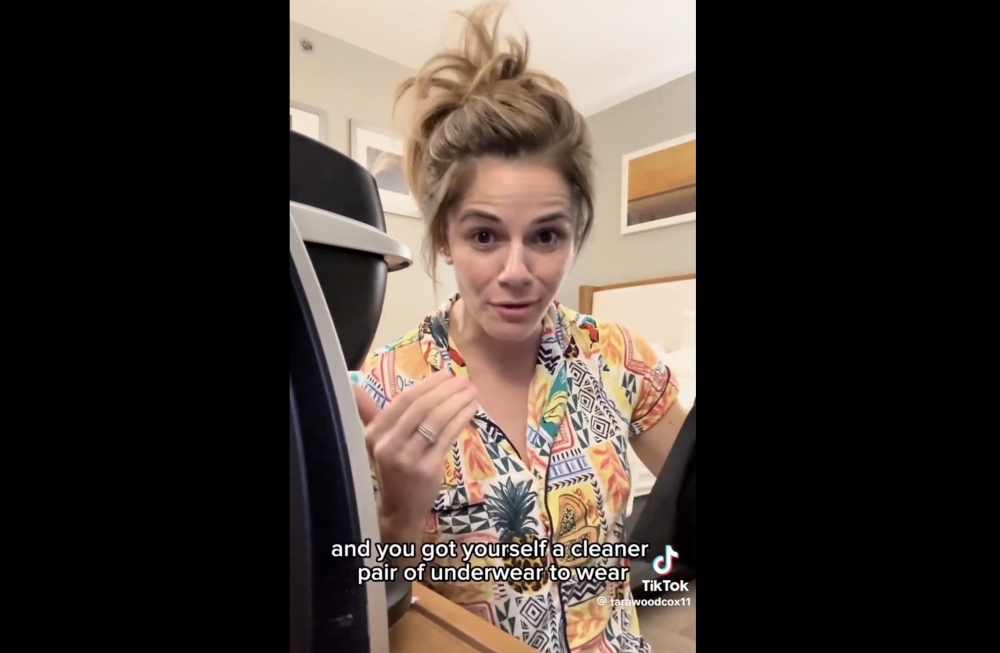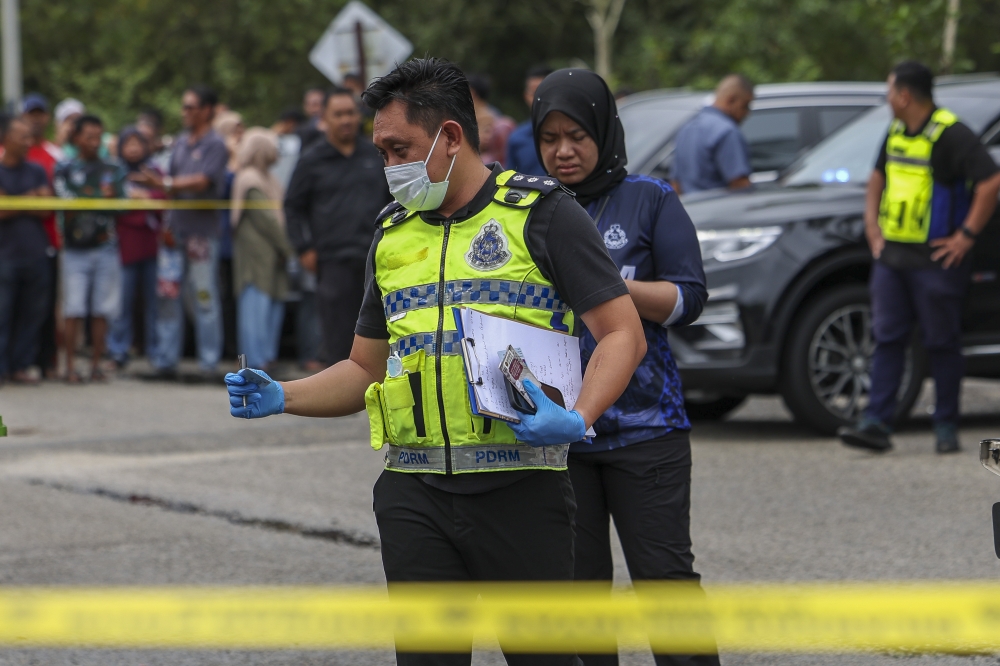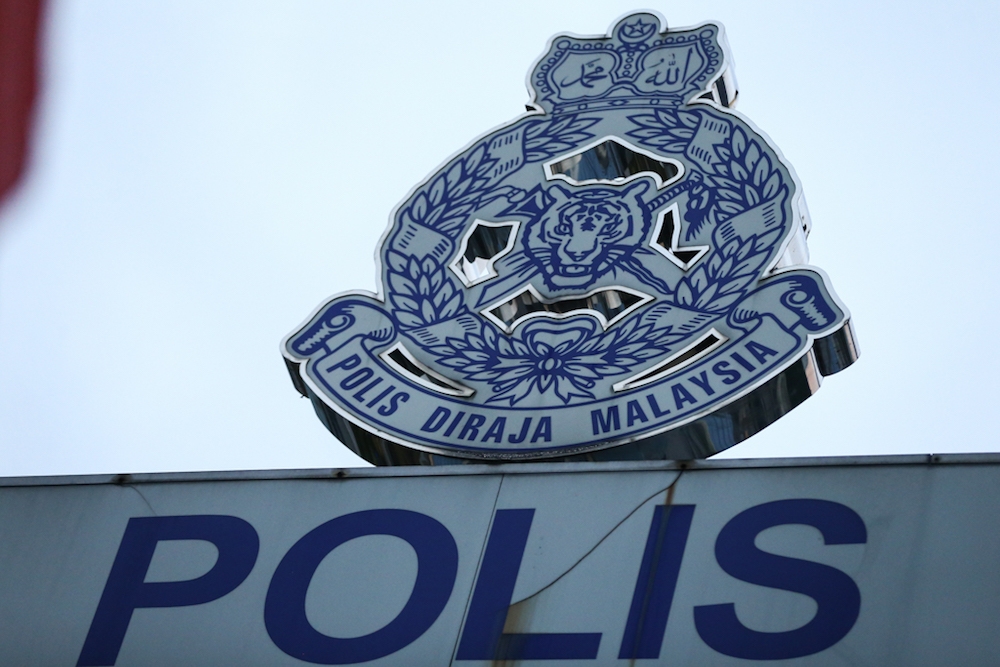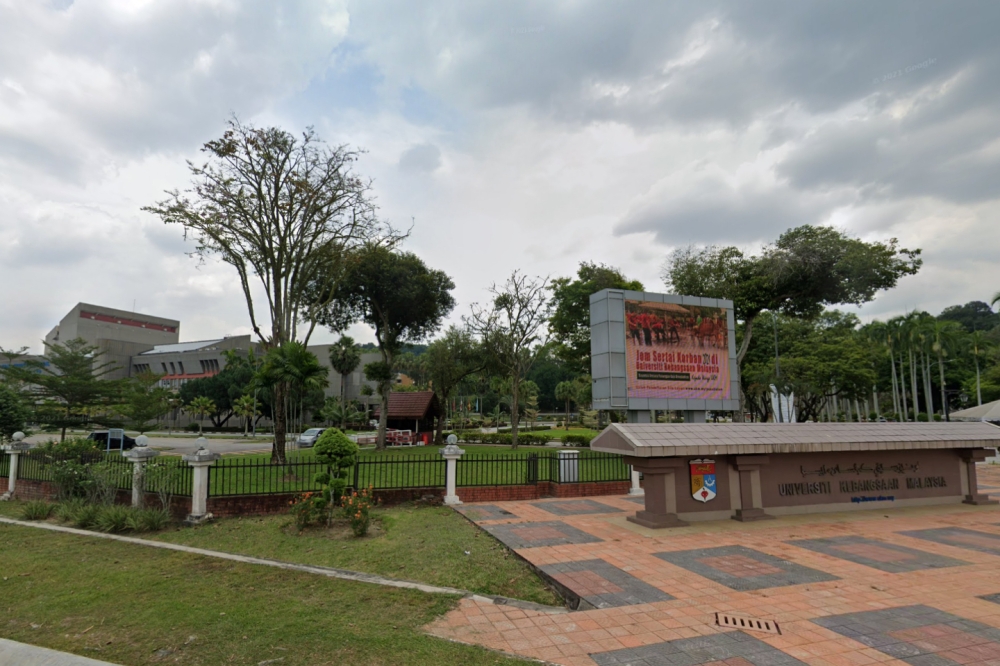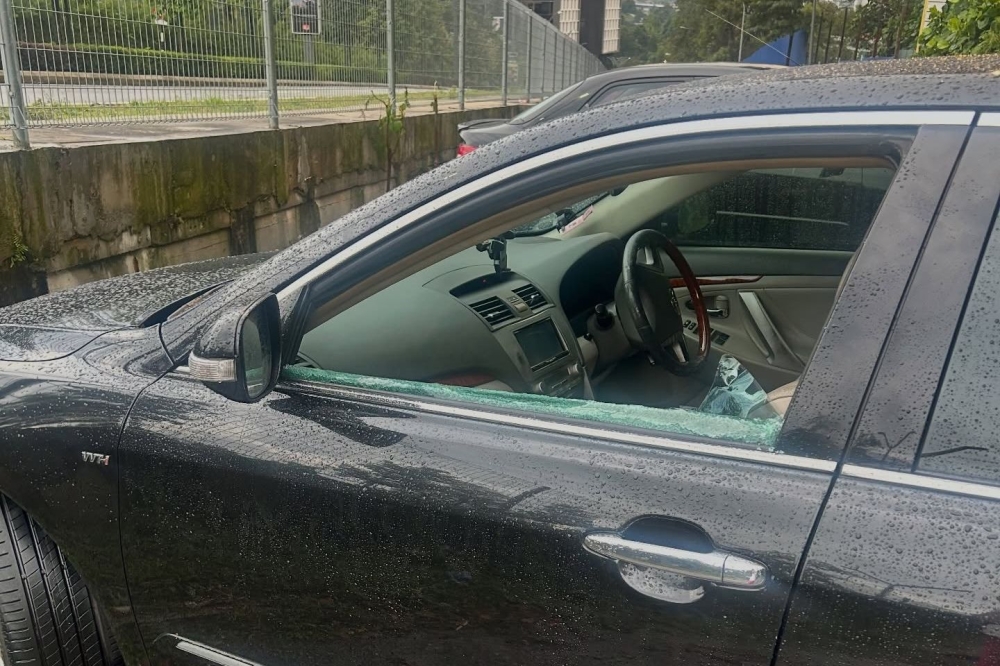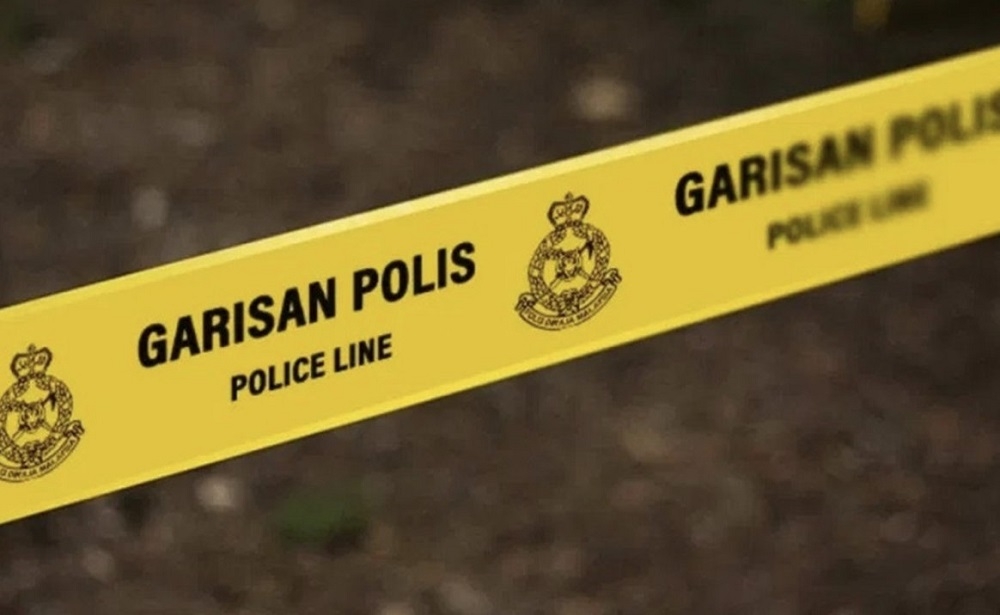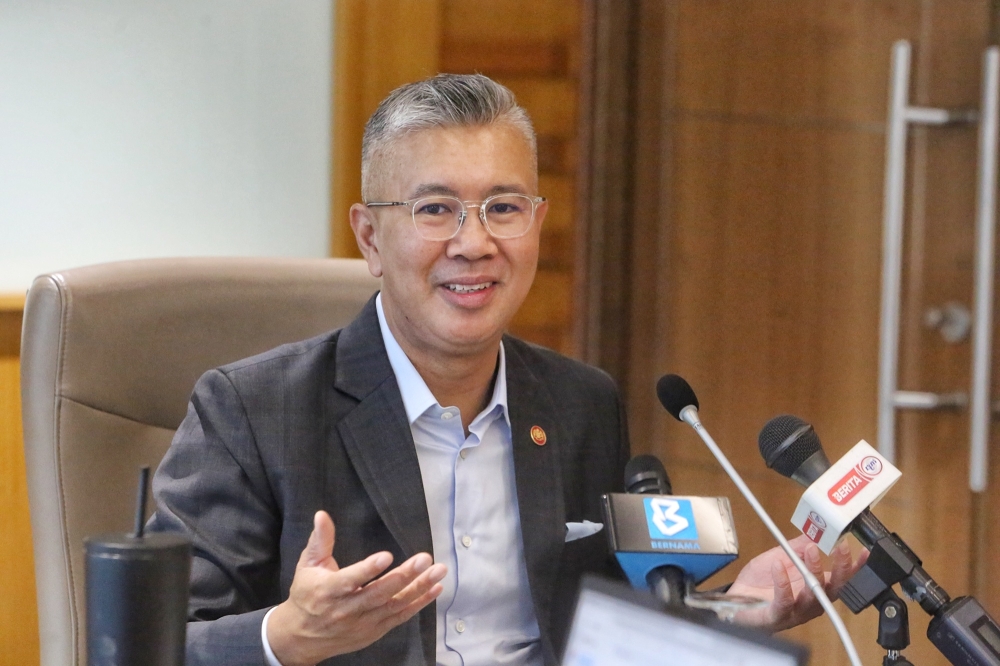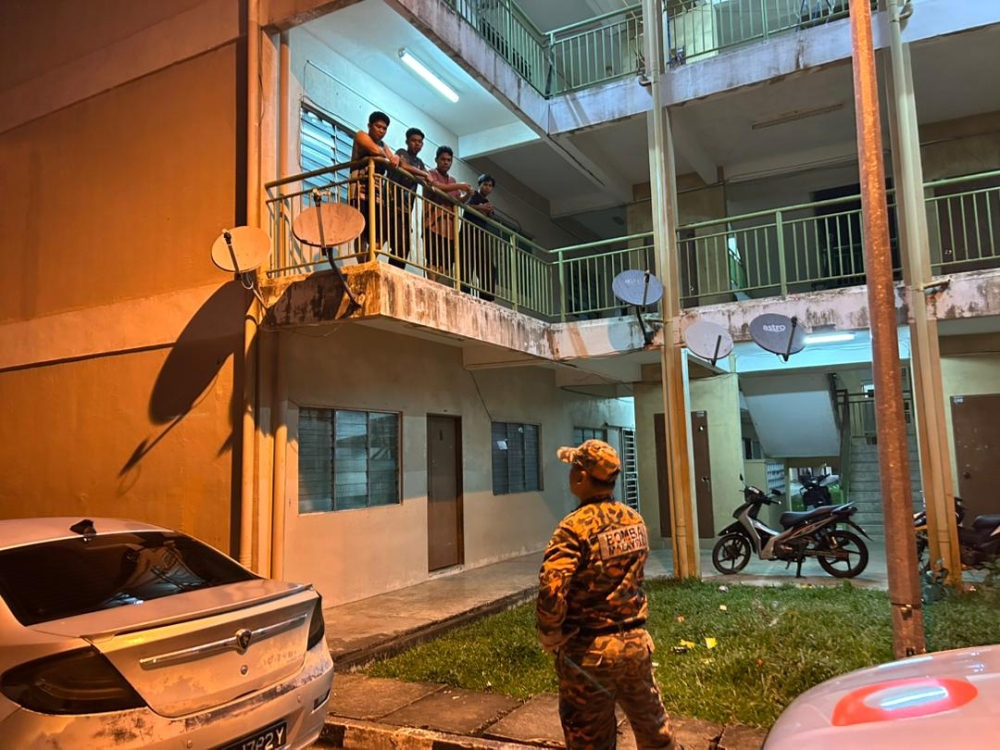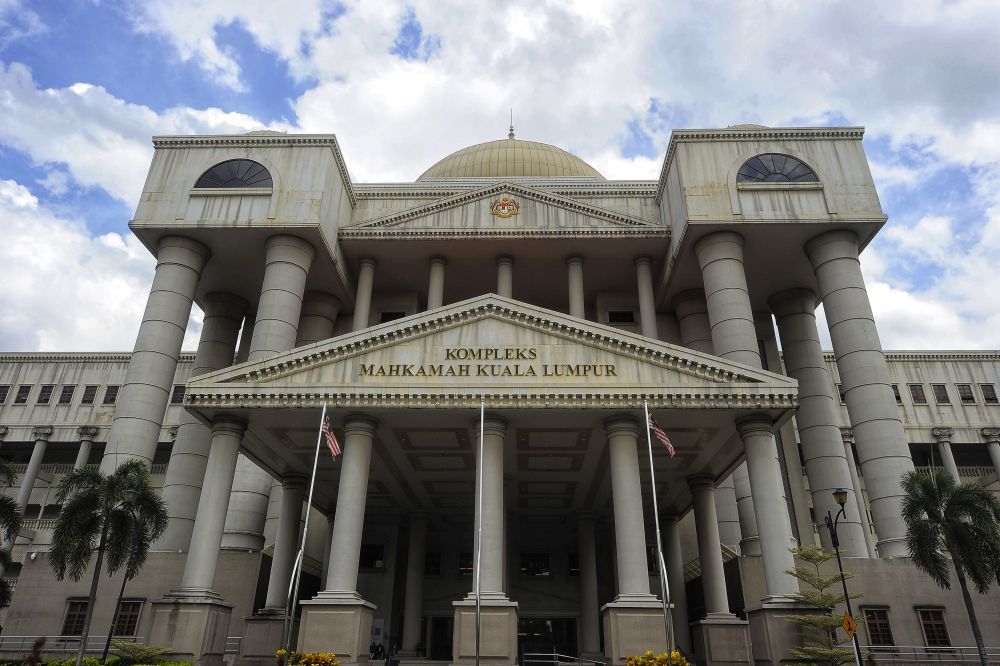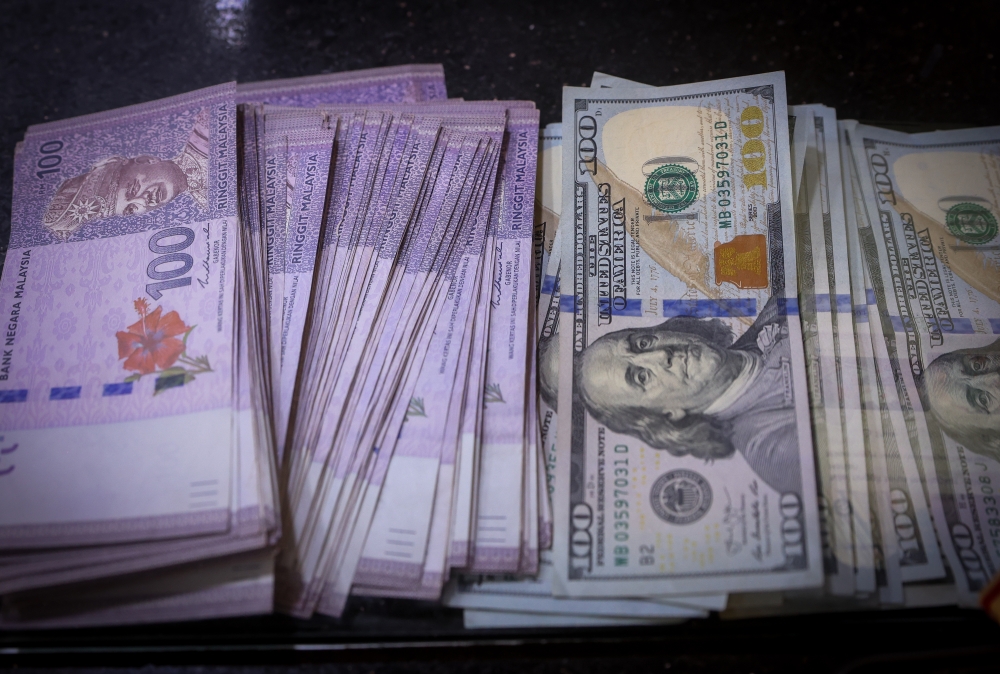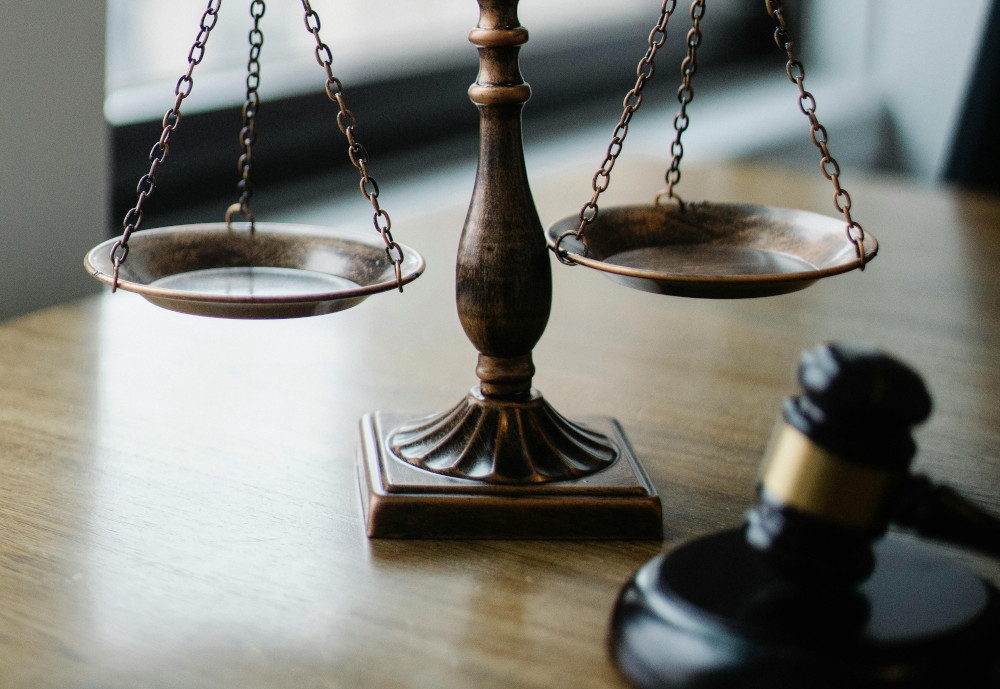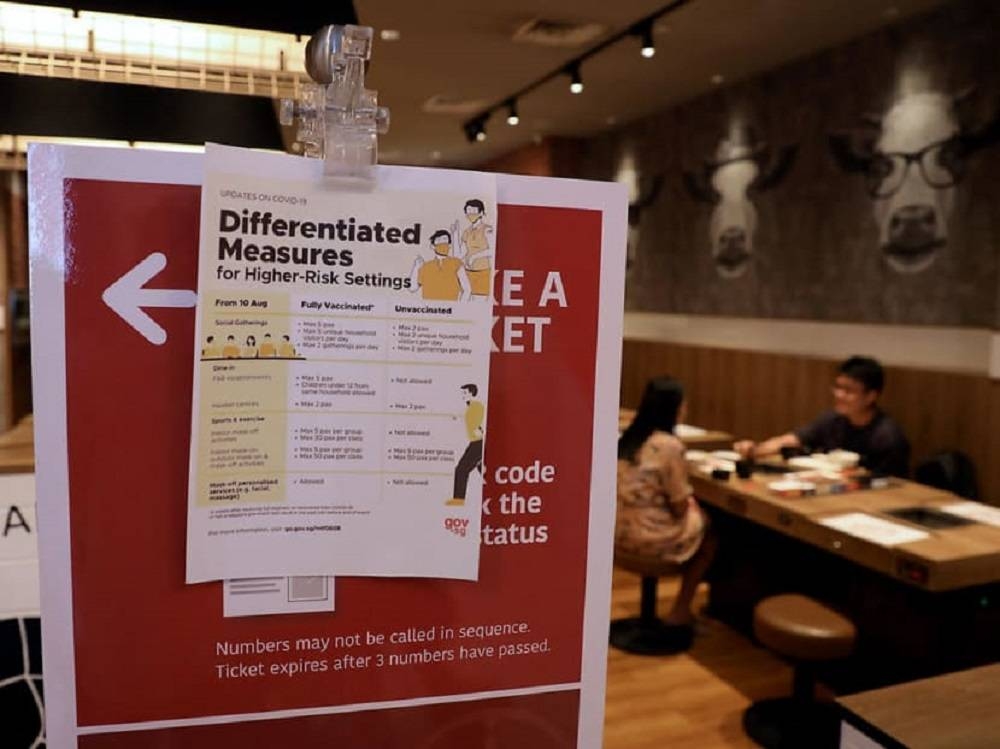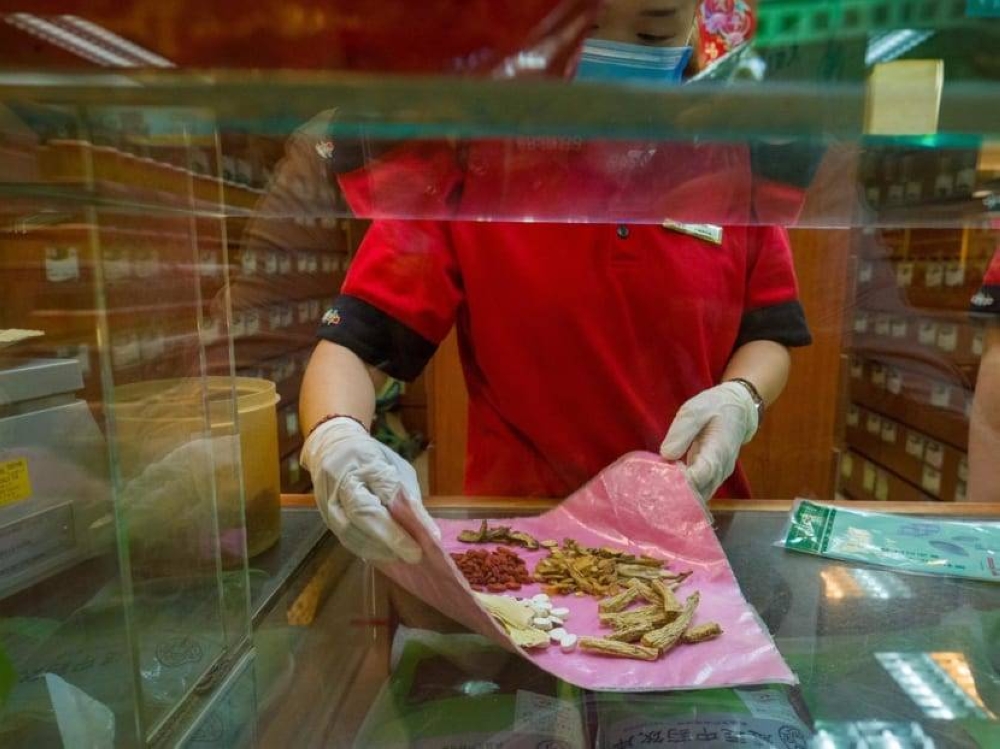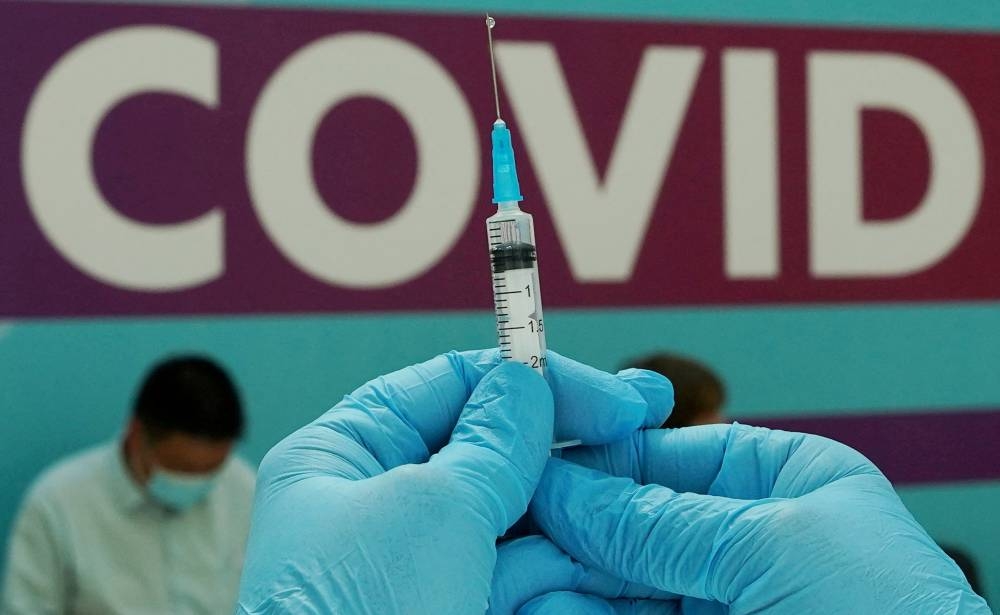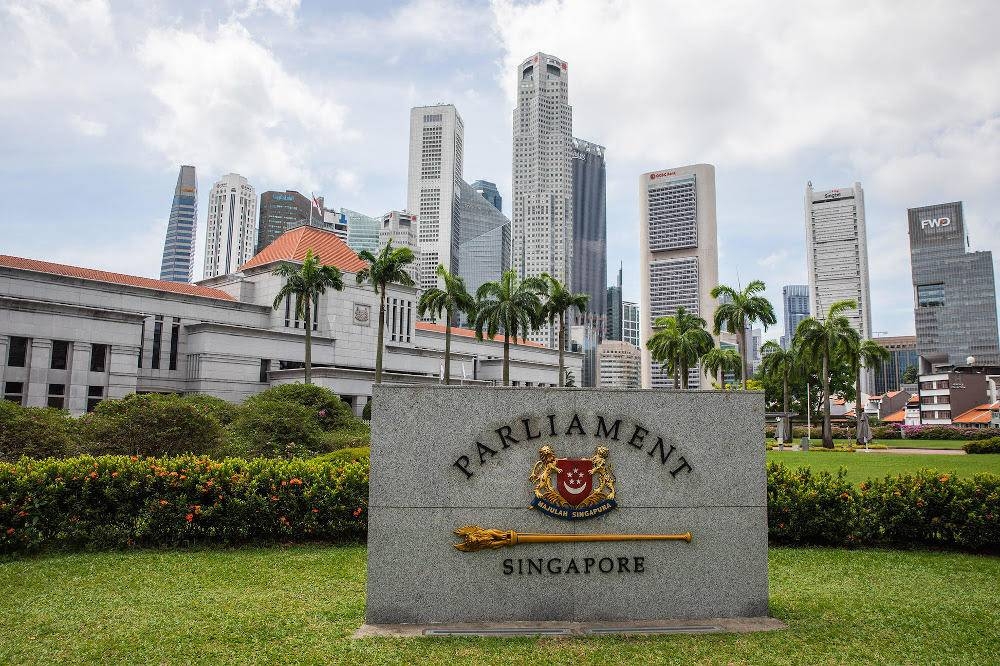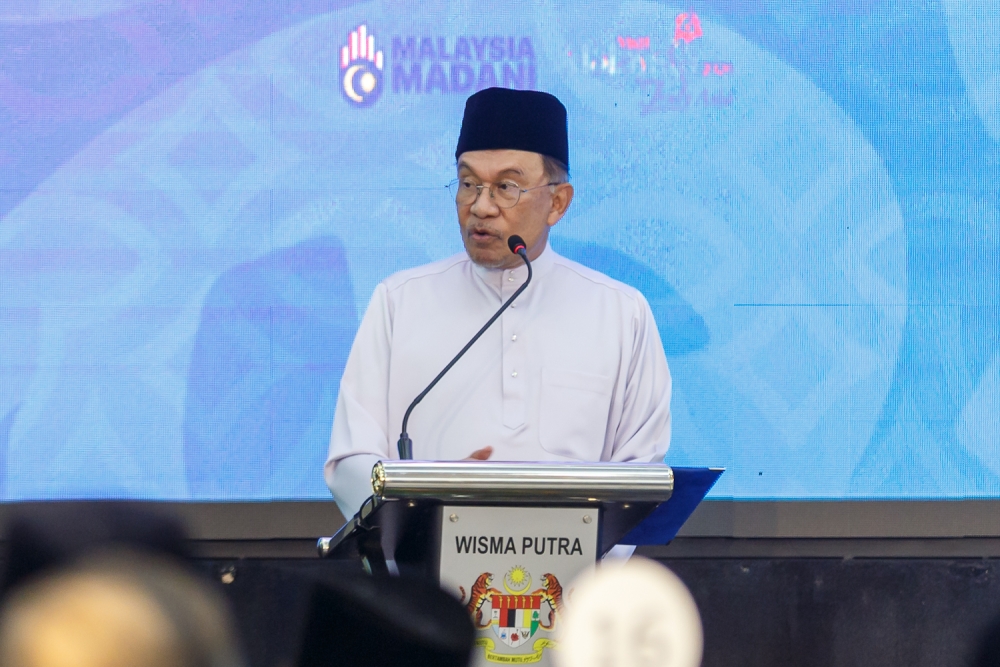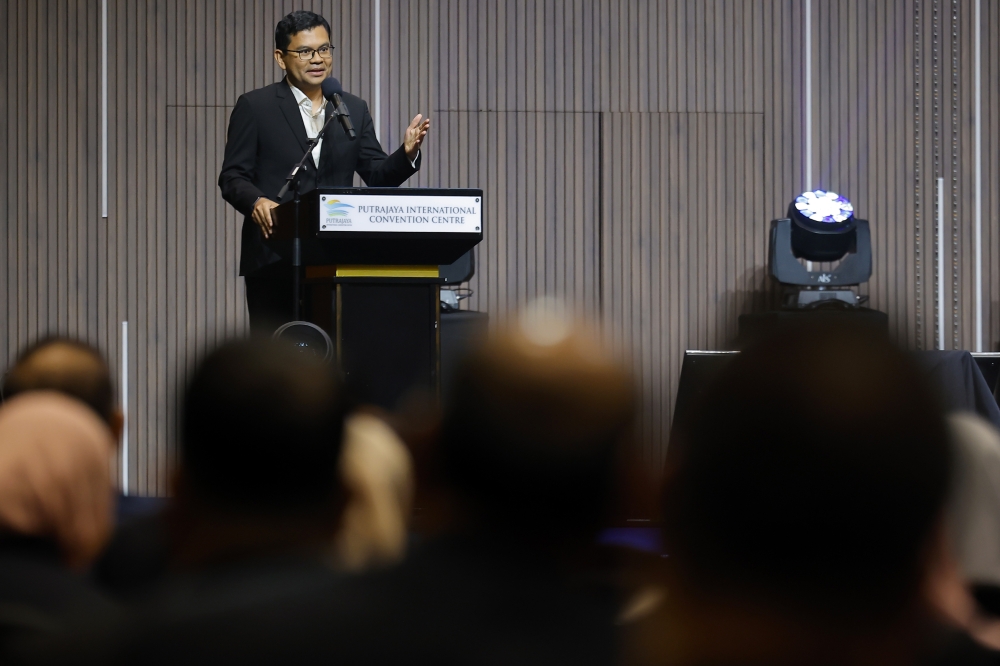SINGAPORE, Oct 8 — The Singapore government will lift all infection control measures tied to Covid-19 vaccination status from next Monday (October 10), with the country resuming normalcy in its daily activities.
This means that people who are not fully vaccinated will be allowed to attend large events with more than 500 participants at any one time.
They may also enter nightlife establishments involving dancing and dine at eateries including hawker centres, the Ministry of Health (MOH) said in a press release yesterday.
For now, those who are not fully vaccinated are barred from being in such settings.
However, if the Covid-19 situation worsens, the Singapore government may impose “an appropriate level” of Covid-19 rules based on vaccination status to protect the public, healthcare workers and conserve hospital capacity, MOH added.
It urged people who have yet to be fully vaccinated to get inoculated against Covid-19 or take their own precautions to protect themselves even after the rules are lifted.
Keeping up-to-date with vaccination
MOH will also stop counting the number of shots and boosters Singaporeans receive to determine if an individual is protected against Covid-19.
Instead, it will use a new definition to determine if a person is up-to-date with their vaccination. Under the new “up-to-date” definition, everyone should adhere to the latest vaccination recommendations by the ministry, MOH said.
This arrangement is similar to the Singapore government’s stance on influenza vaccinations, where individuals are advised to be vaccinated periodically to protect themselves against new flu strains.
As part of the latest recommendations for Covid-19 vaccinations, people should adhere to two key recommendations, MOH added.
Firstly, they should ensure that they have achieved minimum protection against Covid-19.
This means that in order to achieve minimum protection, anyone aged five years old and above should complete:
Three doses of a messenger ribonucleic acid (mRNA) vaccine or the Nuvaxovid vaccine by Novavax; or
Four doses of the Sinovac-CoronaVac vaccine
Secondly, anyone aged 50 and above should receive an extra booster dose between five months and a year from their last dose. The ministry recommended that people in this age group take the updated bivalent vaccine for their booster shots.
“Individuals will be considered up-to-date with their Covid-19 vaccination if they have received at least the minimum protection and their last vaccine dose was received within the past one year.”
It said that it will consider extending the second recommendation to other age groups at a later date.
Bivalent vaccines
The original Moderna (Spikevax) vaccines will be replaced with an updated, bivalent version that protects against original and subsequent strains of the Sars-CoV-2 coronavirus.
The replacement, which will be issued from Oct 17, will apply to everybody aged 18 years and above who are receiving the Moderna (Spikevax) vaccine.
This follows the recommendation by the expert committee on Covid-19 vaccination to replace the current formulation with the bivalent vaccine, MOH said.
“This updated bivalent vaccine will provide better protection against newer Covid-19 variants.”
The ministry also said that people aged 50 and above, or have yet to achieve minimum protection against the virus, should take the bivalent vaccines.
They may do so by going to any joint testing and vaccination centres offering the Moderna (Spikevax) vaccines from October 17.
The Pfizer (Comirnaty) bivalent vaccine is undergoing evaluation and is expected to be available by the end of this year, MOH added. — TODAY

